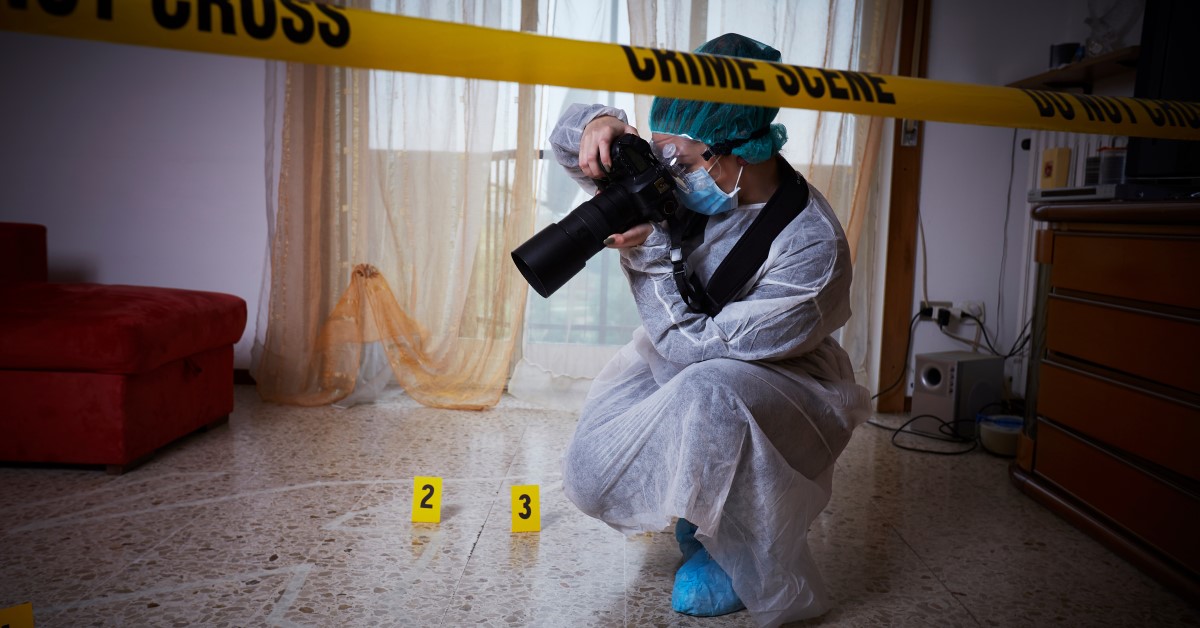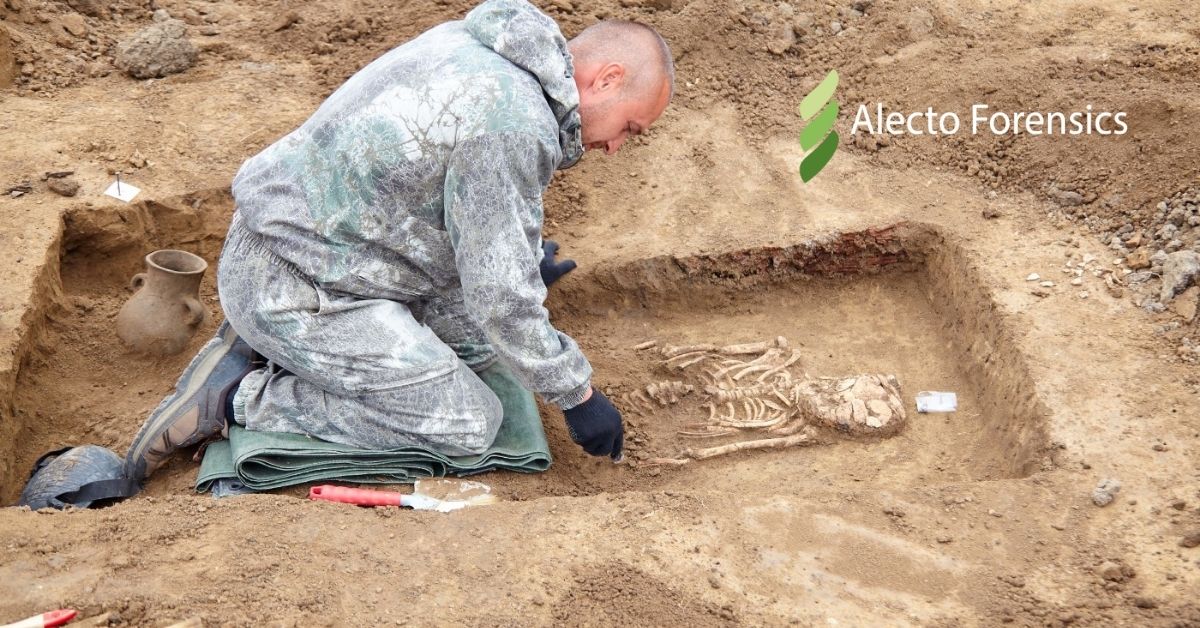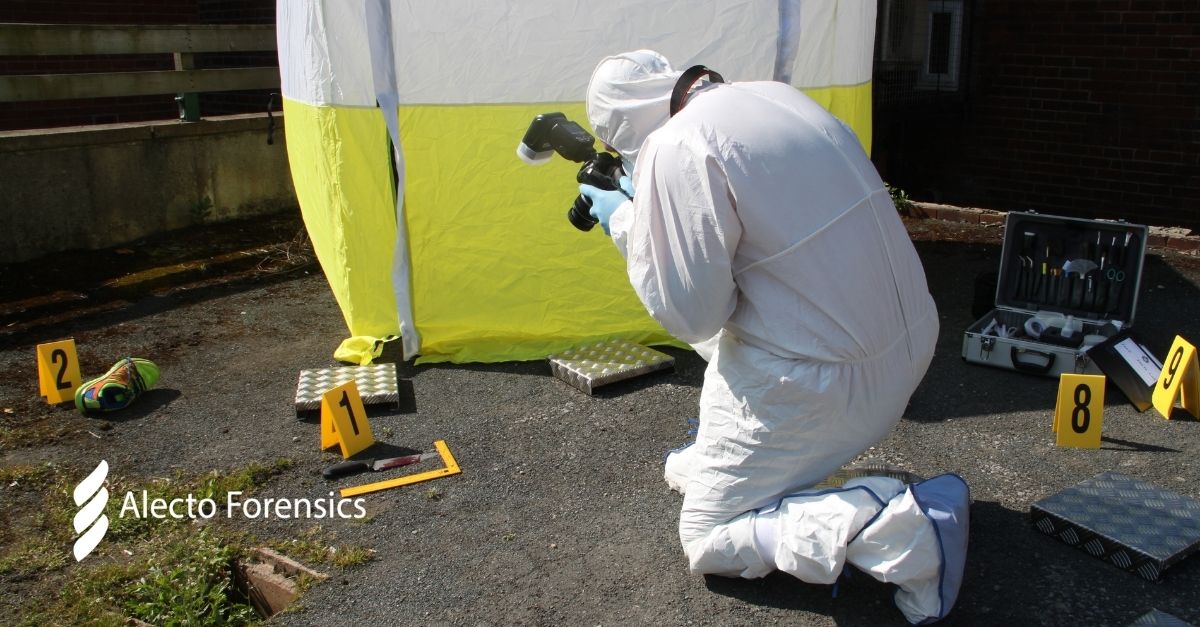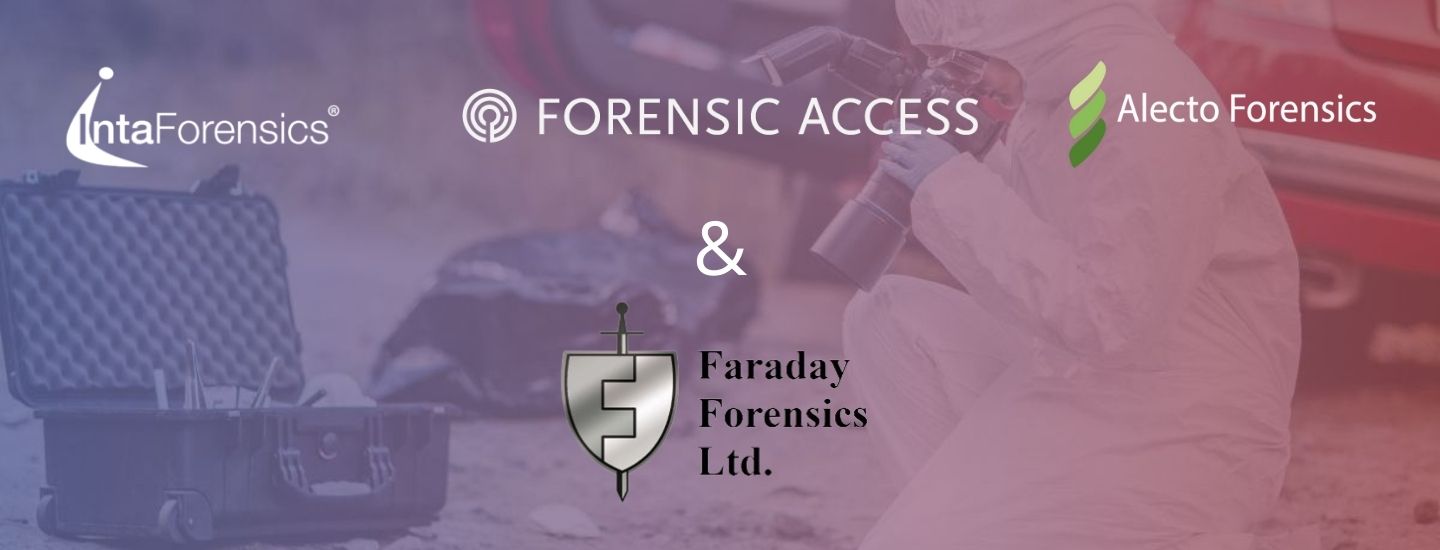 Alecto Forensics, part of the Forensic Access Group, is pleased to announce that we have acquired Forensic Testing Service (FTS), a renowned provider of drug and alcohol toxicology testing services tailored for family law and childcare proceedings.
Alecto Forensics, part of the Forensic Access Group, is pleased to announce that we have acquired Forensic Testing Service (FTS), a renowned provider of drug and alcohol toxicology testing services tailored for family law and childcare proceedings.
[Read more…] about Forensic Access Group acquires Forensic Testing Service
















